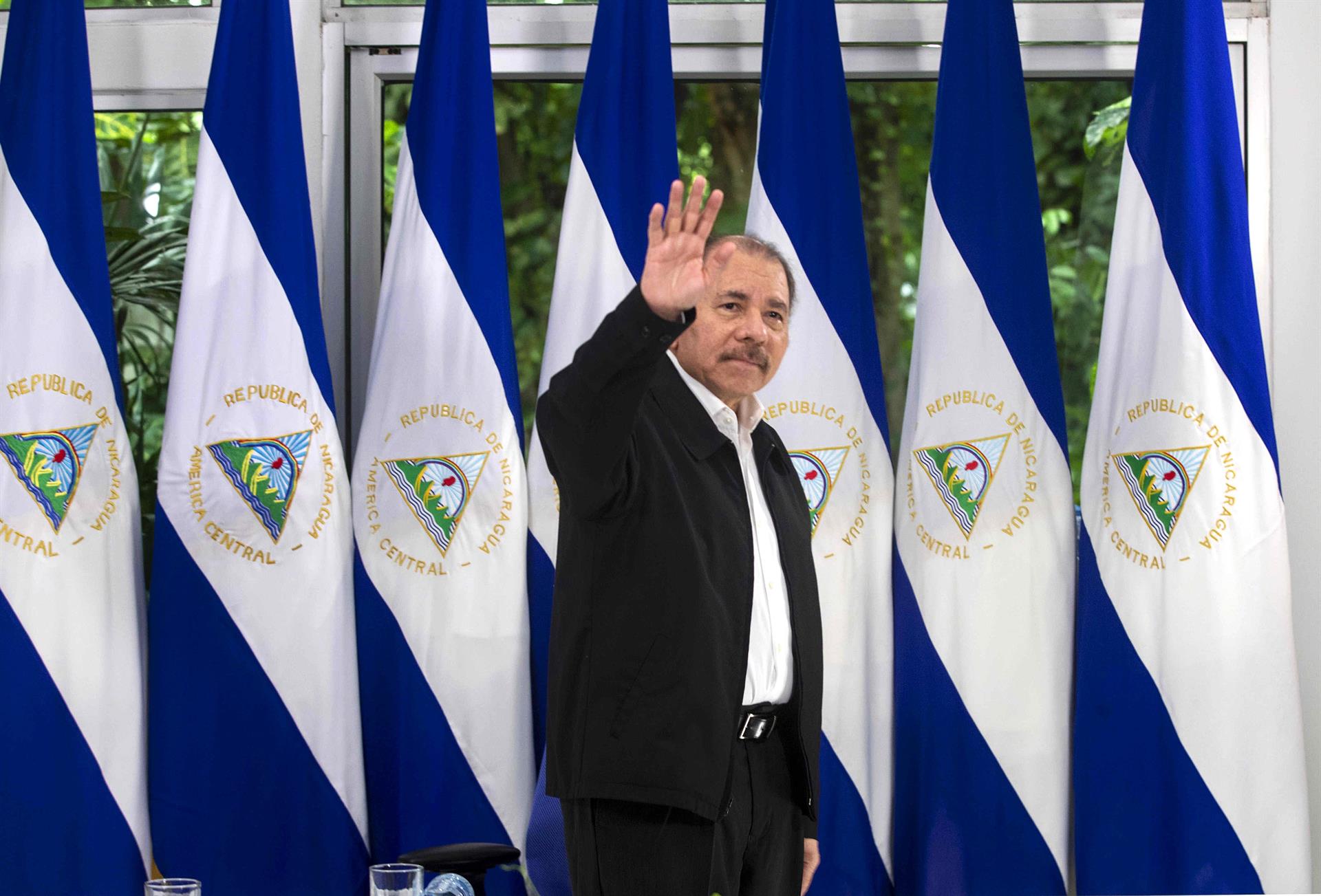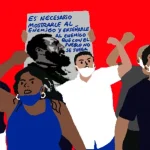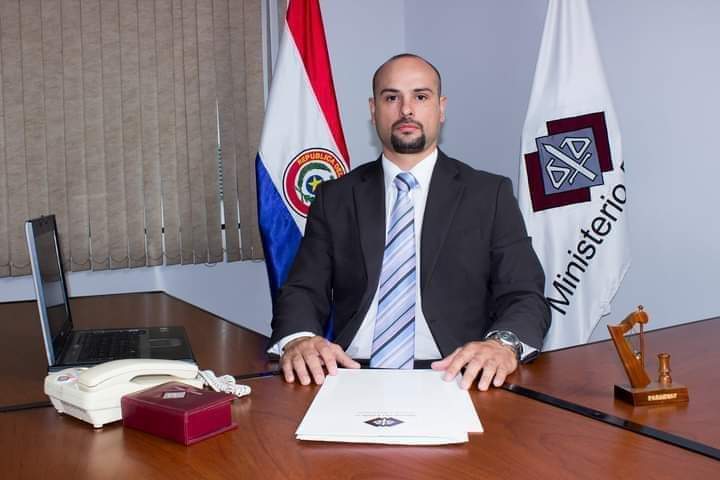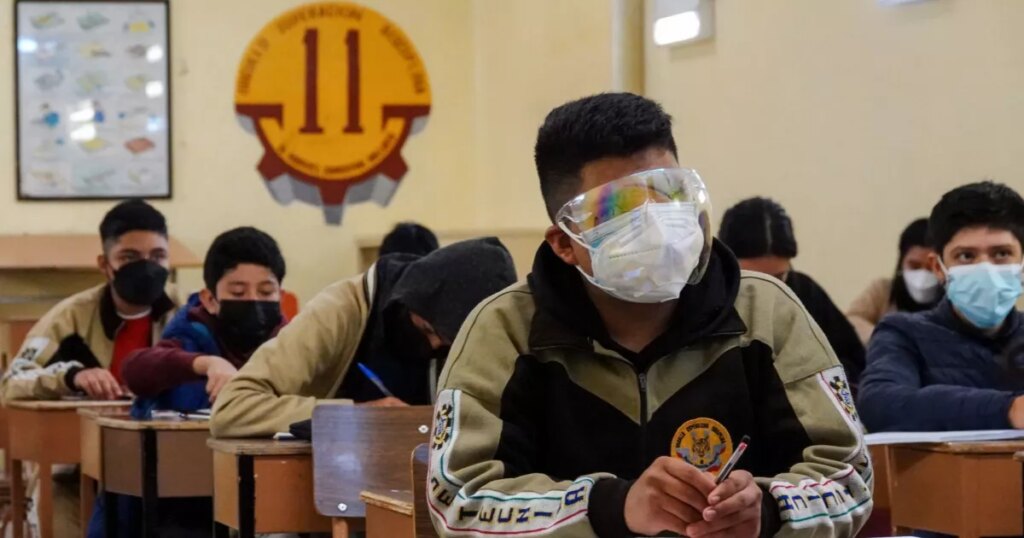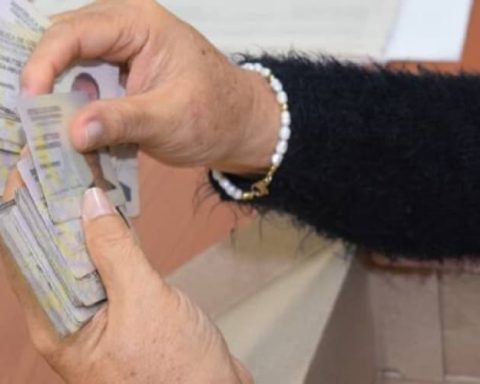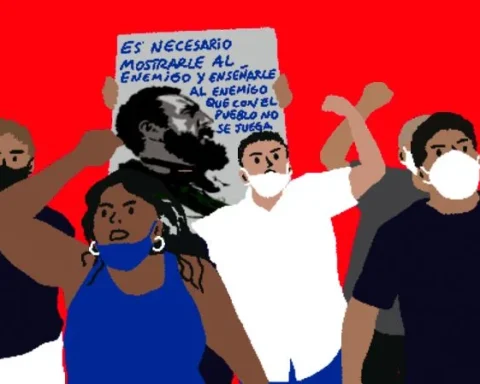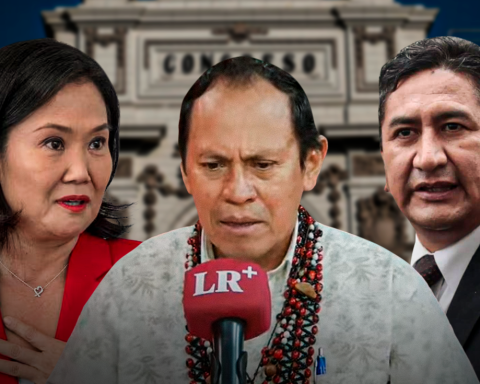A delegation from the International Monetary Fund (IMF) visited Nicaragua from November 7 to 15, and met with the sanctioned Minister of Finance and Public Credit, Iván Acosta, the President of the Central Bank, Ovidio Reyes, and representatives of the private sector, where they conducted the 2022 Article IV Consultation.
After the meetings, the IMF technical team praised the Nicaraguan economy on November 16 and assured that it is recovering, somewhat minimizing the sanctions imposed on the Ortega regime, the impact of the pandemic, hurricanes and the migratory impact.
Related news: Sanctions on exports in Nicaragua could affect the mining sector and free zone, warns Manuel Orozco
“After contracting around 9 percent during the 2018-2020 period, economic activity is recovering well, supported by appropriate macroeconomic and financial policies and substantial pre-crisis buffers of government deposits and international reserves,” the delegation noted. It was based on the numbers of the Central Bank of Nicaragua.
They also noted that official international financing, including emergency assistance from the IMF, “helped the economy cope with the pandemic and carry out reconstruction efforts after the two consecutive hurricanes in November 2020.”
In contrast to the reality that the country is experiencing, reflected in the high cost of living, the IMF stated that real GDP grew by 10.3 percent in 2021 and is expected to grow by 4 percent in 2022, supported by consumption private sector and exports, given favorable export prices.
economic risks
The delegation stated that “Nicaragua’s economic outlook is favorable, despite the fact that the risks ahead are to the downside, mainly due to unfavorable factors at the global level.”
The economic risks, as detailed, are downward, which consists of “a more severe global recession, external monetary tightening and higher-than-expected import prices.”
Related news: The US punishes Eniminas for “oxygenating the Nicaraguan regime through the exploitation of mines”
“If these risks were to materialize, they could result in lower real GDP growth and lower growth in remittances, higher inflation, worsening food affordability, and a broader fiscal deficit,” they add.
It also warns that fiscal balances, economic activity, and social outcomes could be affected by natural disasters, given Nicaragua’s high exposure to climate change and its economic dependence on climate-sensitive sectors. “A deterioration in the business climate and stricter international sanctions would affect trade and financing flows”they warn.
The IMF did not elaborate on this last point, if one takes into account that Eniminas, a public entity dedicated to the exploitation of gold, is included in the most recent list of those sanctioned by the United States Department of the Treasury. The Nicaraguan Mining Company was included for contributing to “oxygenate” the dictatorship of Daniel Ortega and Rosario Murillo.
There is no future for the Nicaraguan economy
Despite the favorable projections made by the IMF and the praise in favor of the Ortega regime, the political scientist Manuel Orozco assured that “he does not see a future for Nicaragua” with the political crisis and the deterioration of the relationship with the United States that contributes to more suspensions. of exports, thus affecting the economy of the country.
Currently, the rupture of diplomatic relations with Taiwan and the elimination of Nicaragua’s sugar quota from the United States market will affect the shipment of 92 thousand tons of that product to these markets starting in July and October 2022, respectively. Sugar was the second most demanded product in Taiwan. In 2021, it generated 19.74 million dollars, 11.5% more than the 17.70 million received in 2020.

The Executive Board of the IMF is expected to hold Nicaragua’s Article IV Consultation in early 2023, where the impact of the sanctions on the Ortega government for the repressive wave it has exercised against citizens will be seen even more.
“The mission expresses its most sincere gratitude to the authorities for their warm hospitality, cooperation, and frankness, as well as to other Nicaraguan and international counterparts for the sustained frank dialogue,” the IMF concluded, without delving into the impact that the wave of repression could generate. and the legal insecurity that Ortega has caused, and that has discouraged foreign investment and the business climate in the country.
